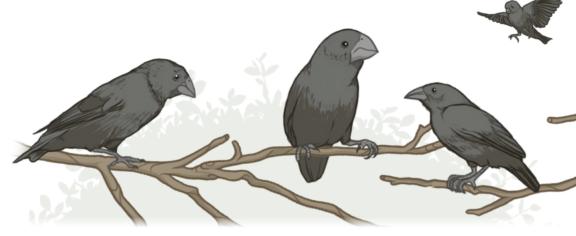2025-10-15
The award will support Stroud as he creates evolution’s first high-definition map — with the help of 1,000 backpack-wearing lizards.
2025-09-26
Georgia Tech researchers analyze seasonal differences of SO₂ and sulfate concentrations in the atmosphere over decades to determine the long-term impact of sustained air quality control efforts.
2025-09-16
A new study is unearthing how and why peatlands are producing carbon dioxide and methane.
2025-06-19
Ocean waters are getting greener at the poles and bluer toward the equator, according to an analysis of satellite data published in Science on June 19.
2023-03-29
While Georgia Tech is of course home to yellow jackets, it’s also home to many other insects that are part of the complex ecosystem of campus.
2023-03-29
As we celebrate Women's History Month and look to the future of our field, meet seven of Georgia Tech's real-life superheroines of life science — and science fiction.
2025-03-19
Through a new review paper published in Nature, Georgia Tech scientists are revealing how decades-long research programs have transformed our understanding of evolution, uncovering secrets that would remain hidden in shorter studies.
2025-01-22
A Georgia Tech-led review paper recently published in Nature Reviews Physics is exploring the ways machine learning is revolutionizing the field of climate physics — and the role human scientists might play.
2024-12-13
The Georgia Tech-led study captures two lizard species adapting in response to competition. The study provides some of the clearest evidence to date of evolution in action.
2024-12-11
Led by School of Earth and Atmospheric Sciences Professor Greg Huey, the NSF RAPID grant is for analyzing air chemistry data collected during a three-week span when a chemical plume impacted the Atlanta area.







